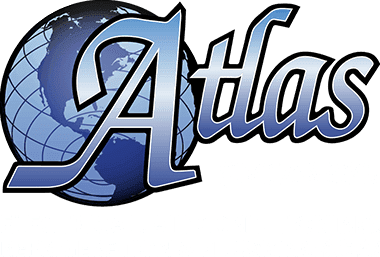When a power outage strikes due to storms or equipment failures, generators can step in to help keep your home running. Generators have been relied on for generations to provide a secondary source of electricity to homes, hospitals, and businesses. During times of severe weather, a source of reliable power can be a lifesaver. A generator can support crucial appliances such as heaters, refrigerators, and regulate temperature during power blackouts in your home.
But how do you choose the perfect generator? There are several factors to consider before purchasing a generator for your residence/business premises.
- Diesel, Natural Gas, or Gasoline. Fuel stands out as one of the most important choices to make when deciding on a generator. From cost and reliability to available fuel source and emission regulations, fuel plays an important role in which application is best for you. Diesel and gas-powered generators are the two most common choices when it comes to portable power. A gasoline generator is significantly cheaper but less efficient than a diesel version. Diesel generators are more efficient, work for longer periods of time, and require less maintenance. Natural gas generators are less common but offer the benefit of being able to connect to existing gas lines, thereby enjoying an unlimited fuel source.
- Total wattage you’ll need. In choosing the right generator for your situation, you need to calculate your overall power needs. Simply add up the wattages of everything you want to power during an outage. That will give you a rough approximation. It is recommended to invest in the smallest generator that will meet your needs. You also need to think about how often you are likely to need it and for how long. Fuel considerations are important. Nothing is worse than a generator that is sitting idle because fuel is unavailable.
- Decibel Ratings. The noise level of a generator is a major factor in deciding which is right for your situation. Loud generators are not suitable for use in certain situations such as camping or residential use. Every generator is labeled with a decibel rating, which specifies the intensity of noise. For every increase of 10 dB, the noise level is 10X stronger. For the best sound performance, inverter generators are the highest-rated, with operating noise levels between 49 and 60 decibels. Diesel generators have operating noise levels of around 75-85 Dba.
- Longevity. The longevity of the generator entirely relies on the built quality and engine efficiency. A good quality generator from a trusted manufacturer can last up to 10 to 20 years, even more, if repair/maintenance is provided regularly. Compared to gas generators, diesel-powered generators offer a long performance life and can go at a minimum of 10,000 hours before servicing is required. Portable generators should be turned on and run around once a month. Check for any leaks and make sure oil and coolant levels are sufficient. Filters and spark plugs should be changed every 200 hours.
- Start Method: Electric or Manual. Many people often overlook the convenience of electric start generators, but it is a must-have feature from a safety perspective. The manual start mechanism can be physically taxing and time-consuming. Older people usually struggle while pulling a cord with enough force. In the electrical start generator, you can power the generator via a switch or turning a key. It is as simple as that.
A generator can offer a first line of defense when facing a loss of power in your home. We hope we have shared some valuable insights into the important factors you should consider while selecting a generator. Keep the previous key points in mind to help you choose the right generator for your requirements and budget. Without a doubt, a generator is a vital investment for your home and office. They have great utility and can be very helpful during crucial days. If getting one seems overwhelming, get in touch with your trusted local technician to assist you.


